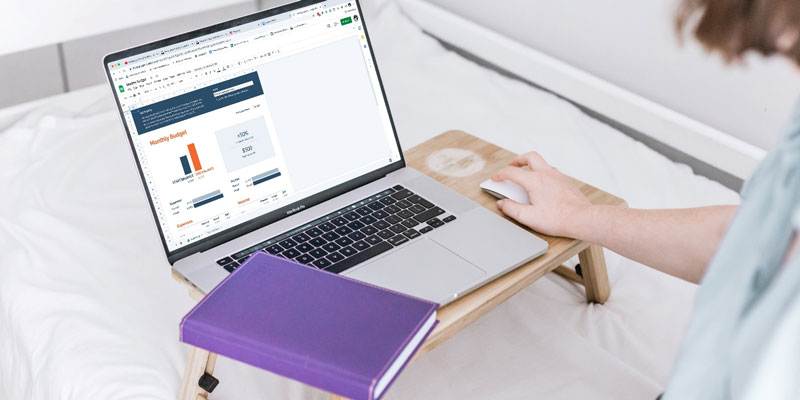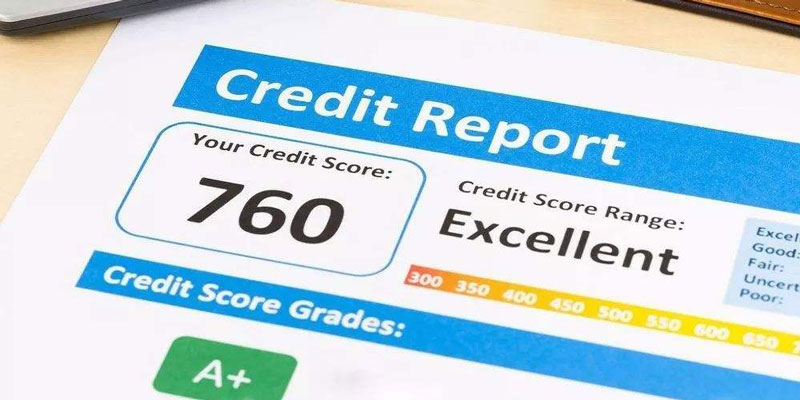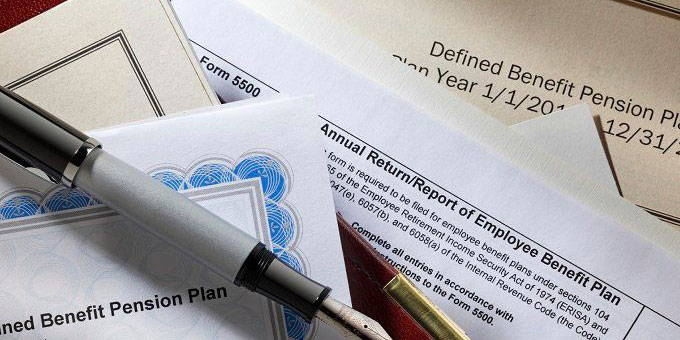The term expense is the value of the money spent on purchasing and selling goods or items. There are two major categories of expenses: fixed and variable expenses. Commonly, a budget is composed of both fixed and variable expenses. But what's the difference between them, and what are their definitions? Fixed expenses are those that remain constant and do not change month to month.
In contrast, variable expenses are the one that fluctuates from one month to another. If you want to create a proper budget, you need to understand these terms and how they differ. Understanding the difference between fixed and variable costs will help you keep track of how your money is spent and help you create the life you want. Keep scrolling and read the article to learn the difference between these expenses in detail.
Definition of Fixed Expenses
Fixed expenses are fixed that remain the same in your budget throughout the specific time. These bills do not increase or decrease regardless of how your business performs. On the plus side, it is easier to budget for fixed expenses than variable expenses. When you create your monthly budget, these expenses remain the same, due to which your budgeting becomes predictable. Because they're predetermined costs and you already know the amount from last month's budget. Also, fixed expenses can vary weekly, twice a year, and year.
Examples of Fixed Expenses
Fixed expenses come in the needs category and are necessary to maintain basic living each month. Here are some of the common examples of these types of expenses:
- Rent payments
- Car payments
- Health insurance or life insurance
- Internet service
- Mobile phone service
- Utilities (But their costs fluctuate month to month)
- Employee salaries
- Loan Payments
- Childcare expenses
- Real estate taxes
Saving on Fixed Expenses
Since fixed expenses tend to take the major part of your budget, you can reduce your monthly expenditures by reducing your fixed costs. Saving money on fixed expenses is possible by finding low-cost options. For example, your rent will reduce by finding a cheaper apartment. You can shop for cheaper health insurance and cell phone plans at a lower price. Although fixed expenses take time to adjust, you can cut your major costs by considering them.
When you lower your fixed costs in the budget, you'll start saving more money each month or year. So, keep tracking your fixed expenses for successful budgeting. Moreover, it is wise to put a little amount regularly in your emergency fund and consider it a fixed cost in your budget. It'll become your saving habit. The little amount of savings can add up fast.
Definition of Variable Expenses
Variable costs change regularly and represent daily spending decisions. They're completely opposite to fixed expenses because their payment could differ from previous payments. Due to more volatility and their unpredictable nature, budgeting for variable costs is challenging.
You have to track the variable expenses regularly or rely on a budgeting app. If you're not tracking it regularly, it can lead to overspending and an unbalanced budget. In addition, some variable expenses are discretionary spending, and many are necessities.
Examples of Variable Expenses
Variable expenses in a budget vary from person to person or business to business. Here are some of the common examples of variable costs.
- Eating at restaurants
- Clothing
- Games and hobbies
- Personal care
- Entertainment
- Medical bills
- Gas
- Home maintenance
- Auto repairs
- Credit card fees
Saving on Variable Expenses
It is required to do some lifestyle adjustments to save on variable expenses. Therefore, if you want to save more money, it is necessary to cut out variable costs. They may be harder to cut back than fixed expenses because doing so requires more day-to-day willpower and commitment. But It is possible. Trimming your grocery bills, avoiding dining out and new clothes are the simplest ways to save money.
Find other opportunities to save money because you've more control over variable expenses. Make a decision once and then stick to it for the next several months or years. The saved money from your expenses will help you in uncertain times when something you did not budget comes out. So, control your variable expenses to leave the room for profits.
The bottom line
It is important to have a good understanding of variable and fixed expenses to live your budget. Living your budget will help you avoid overspending by rethinking wants vs. needs. You'll be able to plan out your long-term and short-term costs, and you can get a clear picture of where your money is going. The advantage of doing so is you will start spending your money wisely, and you'll have more money to save for the future, build an emergency fund, and invest.
How do you plan your monthly or yearly budget to remain financially stable? Let us know your ideas in the comment section below.




